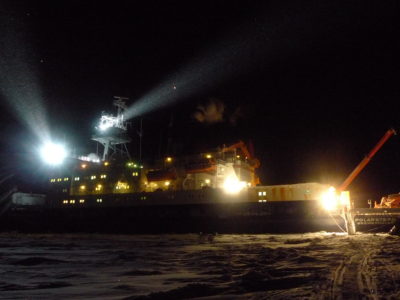Research projects
Filter:
Filtered:
See also Atmosphere, Ice and Climate team
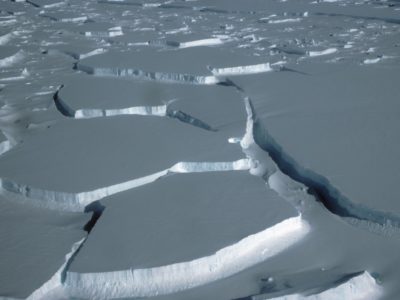
ABSCISSA
The source of sea-salt aerosols in the Polar Regions appears to be linked to sea ice surfaces, but exact details are unclear. Defining the sources is important given the critical …
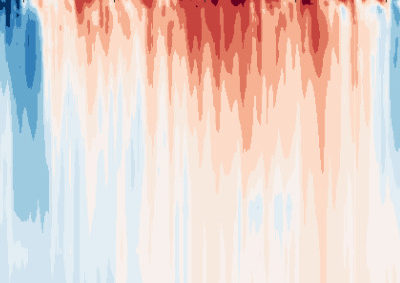
ACSIS
Major changes are occurring across the North Atlantic climate system: in the ocean and atmosphere temperatures and circulation, in sea ice thickness and extent, and in key atmospheric constituents such …
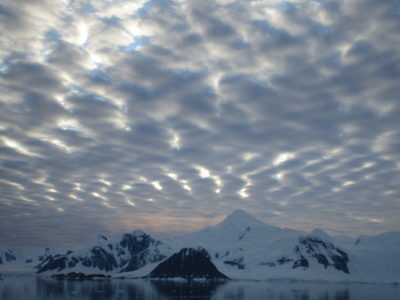
ANGWIN
ANGWIN is now a SCAR action group. See the proposal that was presented at the Polar 2018 conference here: SCAR_Proposal.pdf ANGWIN (in the Cornish English dialect ANGWIN means “the white”) …
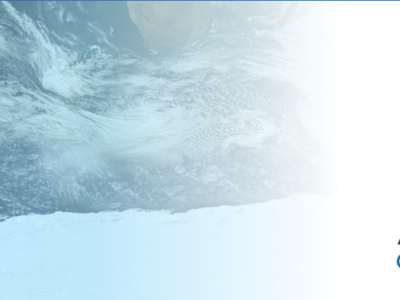
Antarctic Coastal Winds
Winds along the Antarctic coast are small scale but have global importance. Climate models must have a realistic representation of these winds as they influence ice shelves, sea ice and …
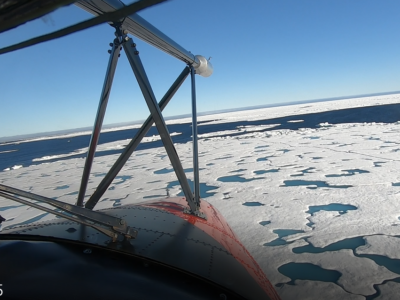
Arctic Summer-time Cyclones
The Arctic Summer-time Cyclone Project is a joint project of scientists from the University of Reading, University of East Anglia and the British Antarctic Survey with expertise in atmospheric dynamics, …
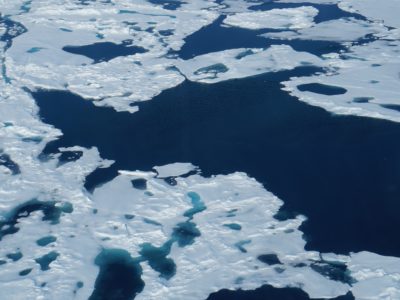
CRiceS
Sea ice is an integral, changing part of the global Earth system. The polar climate system affects lives and livelihoods across the world by regulating climate and weather; providing ecosystem …
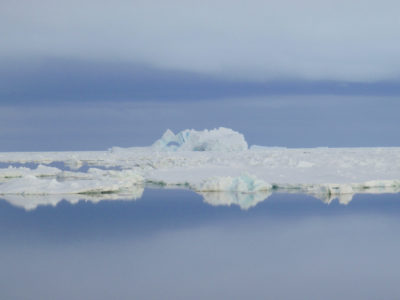
DEFIANT
Overview While climate models suggest Antarctic sea ice extent should also reduce in response to rising atmospheric CO2 concentraions, satellite observations reveal that during 1979-2015 the opposite was in fact …
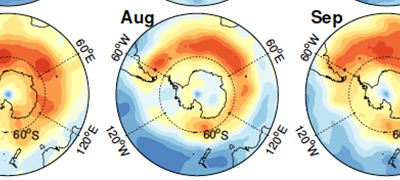
DRAGON-WEX
DRAGON-WEX (the DRake pAssaGe and sOuthern oceaN – Wave EXperiment) is a NERC funded standard grant between the University of Bath and the British Antarctic Survey. We will implement and …
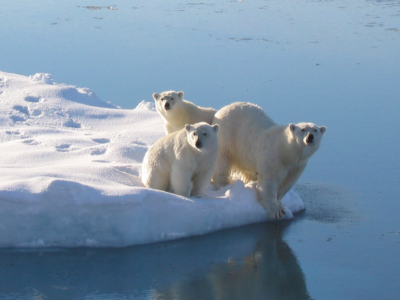
ICE-ARC
physicists, chemists, biologists, economists, and sociologists from 21 institutes in 11 countries across Europe assess the rapid retreat and collapse of Arctic sea-ice cover

Iceland Greenland seas Project
PI: Ian Renfrew (University of East Anglia) CO-I’s: Tom Bracegirdle, Tom Lachlan-Cope, Alexandra Weiss PDRA’s: Andrew Elvidge (University of East Anglia), James Pope NERC Grant: NE/N009924/1 Project Partners: Robert Pickart …

ISOL-ICE
PI: Markus M. Frey Co-I’s: X. Yang, R. Mulvaney NERC Grant: NE/N011813/1 The ozone layer shields all land-based life forms from harmful ultraviolet radiation; and indirectly influences the climate at …
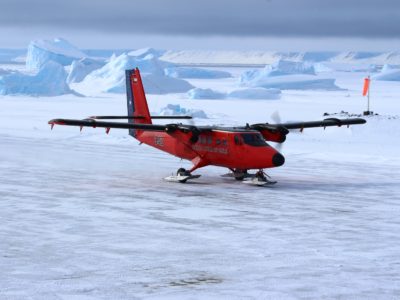
Joint Airborne Study of the Peninsula Region (JASPER)
JASPER brings together two of the best equipped Polar meteorology instrumented aircraft and teams to study boundary layer meteorology in the Antarctic Peninsula and Weddell Sea. A joint project between …
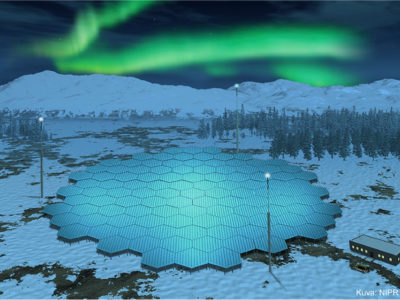
MesoS2D
In order to accurately predict impacts of space weather and climate variability on the whole atmosphere we need an accurate representation of the whole atmosphere. The mesosphere (~50-95 km altitude) …
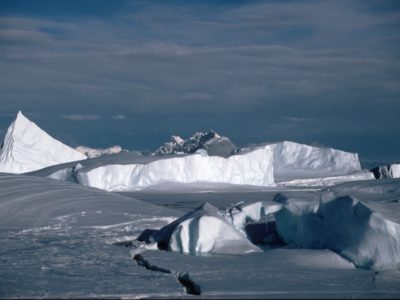
Meteorology and Ozone Monitoring
Long-term meteorological and ozone observations and data help determine the causes of climate change in the polar regions. Meteorology Meteorological observations are made regularly throughout the day at Halley and …
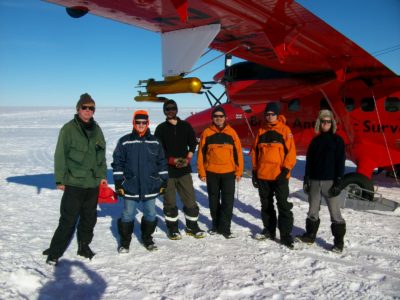
Microphysics of Antarctic Clouds NE
Introduction and Background The largest uncertainties in future climate predictions highlighted by the Intergovernmental Panel on Climate change (IPCC 2007) arise from our lack of knowledge of the interaction of …
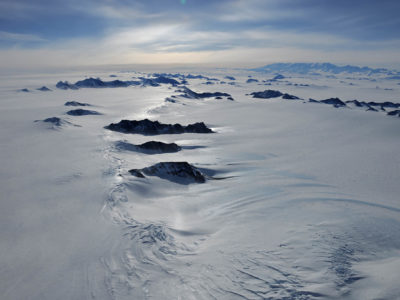
Orographic Flows and the Climate of the Antarctic Peninsula (OFCAP)
OFCAP is an integrated programme of field observations, analysis and modelling aimed at understanding how the westerly winds in the Antarctic Peninsula interact with the mountains and influence the climate …
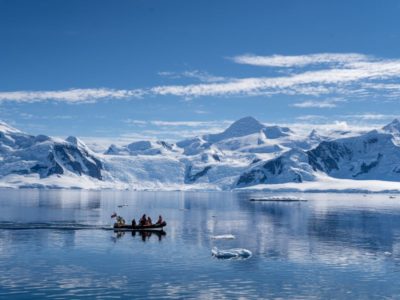
PolarRES
The Polar regions play a crucial role in balancing the global climate system – with the poles heating up much faster than the rest of the world. Yet, climate projections …
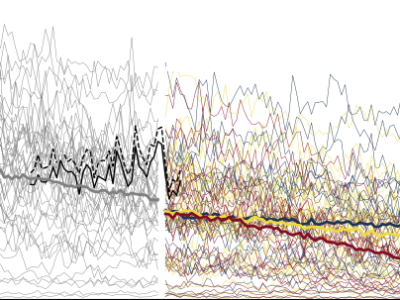
Real Projections
Predicting how the climate will change as human activities lead to emission of more greenhouse gases is a global scientific challenge for climate scientists. We use models of the climate …
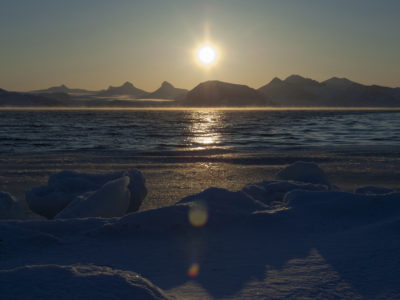
SEANA
Global shipping is undergoing significant changes. In January 2020 the maximum sulphur emission by ships in international waters will reduce from 3.5% to 0.5% by mass, as a result of …
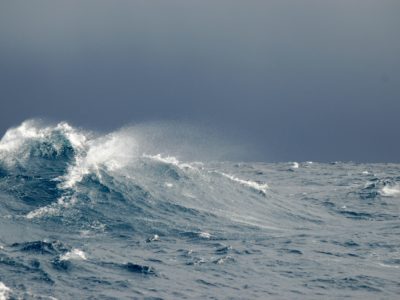
SONATA
The Southern Ocean is one of the most important and poorly understood components of the global carbon cycle that profoundly shapes Earth’s climate. It is the primary hot spot for …
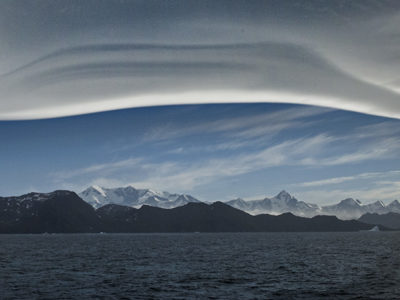
Southern Ocean Clouds
SOC is a project of the NERC CloudSense Programme The biases observed in climate models over the Southern Ocean in surface radiation and sea surface temperature are larger than anywhere …

SURFEIT
Surface Fluxes in Antarctica (SURFEIT) is a BAS National Capability International research programme. Its primary aims are to bring together relevant members of the international scientific community and increase our …
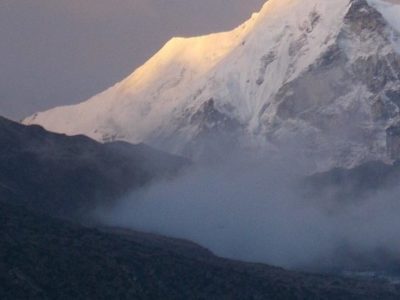
Water Resources of the Upper Indus Basin
The Indus River Basin feeds the world’s largest system of irrigated agriculture, supporting over 300 million people across India and Pakistan. Demand on freshwater in this region is growing, and …
